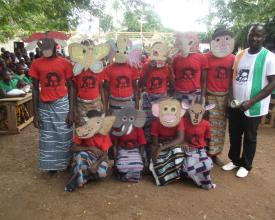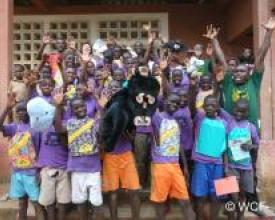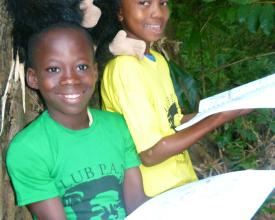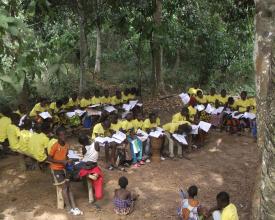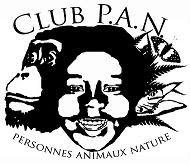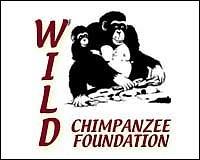Club P.A.N.-Environmental education promotes chimpanzee conservation
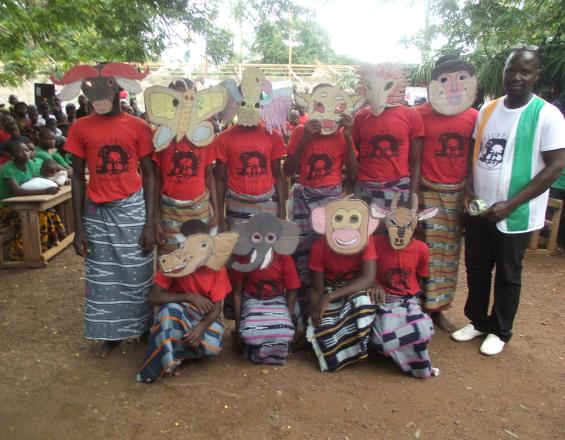
Education is a long-term priority for the conservation of chimpanzees and other wildlife. In 2007, the MPI conservation group, and the WCF, created Club P.A.N for schools in West Africa. The project’s aim is to discourage children living near wild chimpanzee habitats from consuming bush-meat and to enable them to be pro-active in biodiversity conservation. Club P.A.N. is active in schools around the Taï National Park in Côte d’Ivoire and schools in Guinea from around the newly approved Moyen-Bafing National Park.
Context
Challenges addressed
The IUCN Red List of Threatened Species lists chimpanzees as endangered. They have disappeared in three West African countries and the main threats are habitat loss and hunting for bush-meat. Tropical forests were once widespread but continue to decline. We have first-hand experience working in Taï NP, and were concerned by the level of hunting and environmental degradation. This motivated us to create Club P.A.N.
Location
Process
Summary of the process
Building Blocks
Recruit local partners for support and implementation
Enabling factors
Lesson learned
Empower local teachers through capacity building
Enabling factors
Lesson learned
Ecosystem and biodiversity lesson plans and evaluation
Enabling factors
Lesson learned
Involve adults too through ‚Parents Days‘
Enabling factors
Lesson learned
School micro-projects instill responsibility and pride
Enabling factors
Lesson learned
Impacts
Evaluation results from past school-years found that participation in Club P.A.N. significantly increased environmental knowledge and positively influenced attitudes towards nature (Borchers et al. 2013). Micro-projects were successfully established in Club P.A.N. schools to teach children farming techniques of domesticated animals (fish, snails, goats, chicken) as alternative protein sources compared to bush-meat hunting. Only if we can present and teach alternatives to bush-meat hunting will the children find a way to live in harmony with nature in the future.
Beneficiaries
School children, teachers and principles and parents and villagers.
